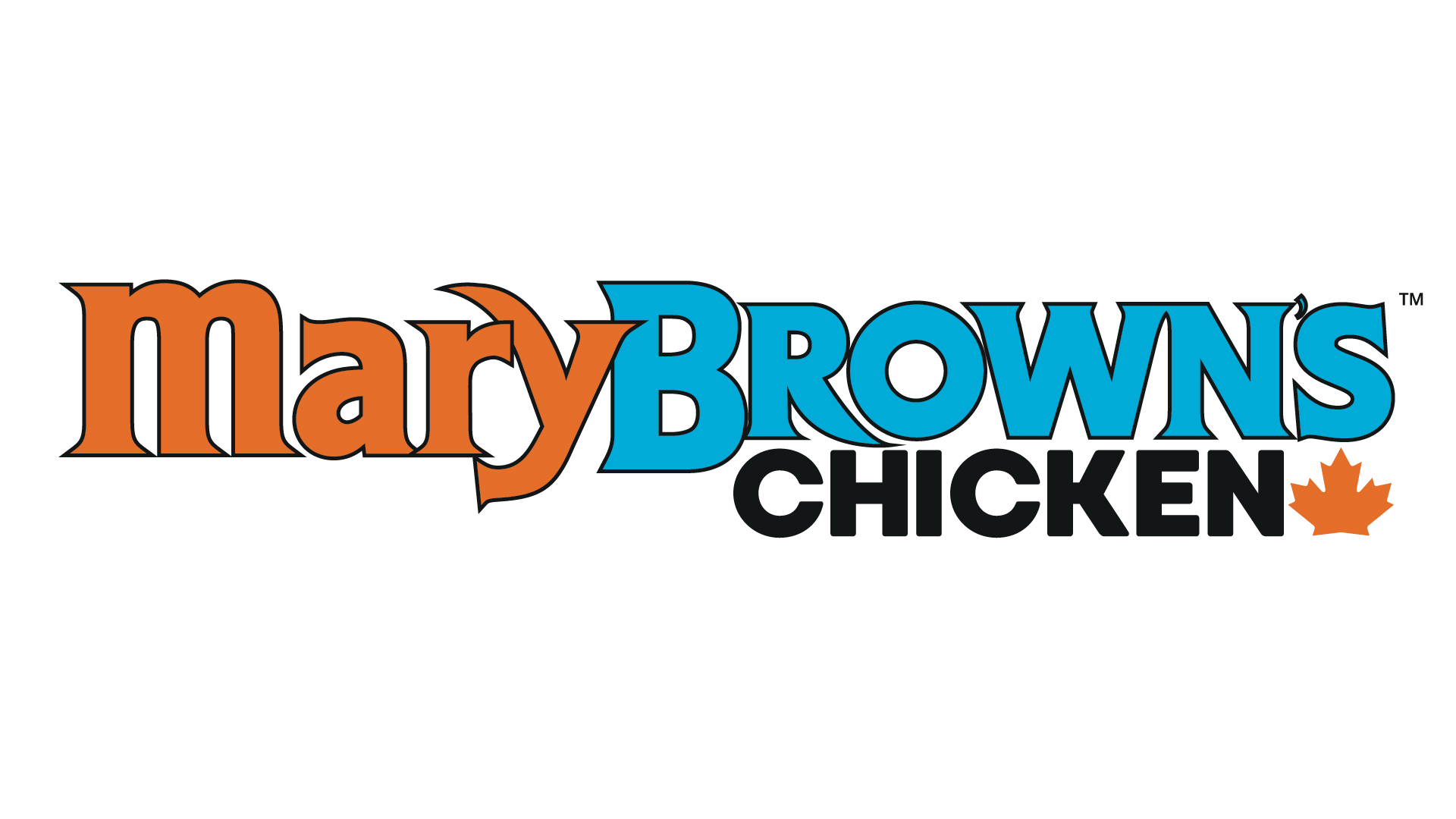Franchising offers Canadian business owners a powerful strategy for expansion, allowing them to grow their footprint across provinces and even globally by partnering with like-minded entrepreneurs. While franchising is a popular route for scalable growth, it is also a legal and operational commitment that requires careful planning and execution. Approaching the franchise development process with the right strategy is essential to building a sustainable and profitable franchise system.
Canada has a well-developed franchise sector and a strong legal framework, but unlike in the U.S., franchise laws are governed provincially, with specific disclosure legislation in provinces like Ontario, Alberta, British Columbia, Manitoba, New Brunswick, and Prince Edward Island. This means business owners must navigate both business and legal considerations when developing their franchise model.
Evaluating Franchise Readiness
Before embarking on the franchise journey, it’s important to evaluate if your business is ready to franchise. A franchise-ready business is one that operates successfully, consistently, and profitably, ideally with more than one location or a proven track record over time. It must also be replicable, meaning others can run the business using your model, systems, and support without relying heavily on your personal involvement.
You should also consider whether your brand is strong and distinctive enough to stand out in competitive markets across Canada. A well-defined identity, a loyal customer base, and clear operational processes are crucial ingredients for franchising success. Without them, scaling through franchising can lead to confusion, inconsistency, and reputational risk.
Structuring the Franchise Model
Once you determine your business is franchise-ready, the next step is to define your franchise structure. This includes deciding how much support you’ll provide, what kind of training you’ll offer, and how you’ll generate revenue through franchise fees, royalty payments, and other income streams. You must also define whether your model will be single-unit, multi-unit, or area development focused.
Clarity is key. Prospective franchisees will want to know exactly what they’re getting in exchange for their investment—what rights they’ll have, what territories they can operate in, and what standards they must maintain. The more clearly these components are defined, the smoother your expansion will be.
Legal Requirements and Compliance in Canada
In Canada, franchising is governed primarily by contract law, but several provinces have enacted specific franchise legislation requiring a disclosure document. This document, known as the Franchise Disclosure Document (FDD), must be provided to prospective franchisees at least 14 days before they sign any agreement or pay any fees. The FDD includes detailed information about your business, fees, obligations, financial performance, and legal risks.
Working with a Canadian franchise lawyer is essential to ensure compliance with Canadian franchise laws and avoid costly disputes. Legal fees can vary, but this investment is necessary to protect your business, manage risk, and create enforceable agreements with future franchisees.
Creating Training and Support Systems
Franchisees are typically business-savvy individuals, but they still rely on the franchisor for guidance and structure. As part of your development process, you’ll need to build a comprehensive training and support programme that teaches franchisees how to operate their location successfully. This includes initial training at launch as well as ongoing support in areas such as operations, marketing, technology, and customer service.
Consistency across franchise locations depends on strong systems and regular communication. Developing manuals, performance metrics, and communication platforms can help ensure franchisees stay aligned with your brand and deliver a consistent customer experience.
Marketing and Franchise Recruitment Strategy
After setting the legal and operational foundation, your focus shifts to recruiting the right franchise partners. In Canada’s competitive franchise landscape, simply listing your opportunity isn’t enough. You’ll need a well-developed marketing strategy that includes franchise-specific branding, a compelling value proposition, and targeted outreach through websites, trade shows, advertising, and franchise portals.
The recruitment process should focus on finding partners who not only have the financial capacity to invest but also share your business values and vision. Successful franchising depends on mutual trust and alignment between franchisor and franchisee, especially in the early stages of growth.
Conclusion: Building a Franchise with Purpose
Approaching the franchise development process in Canada requires thoughtful planning, legal diligence, and operational discipline. By evaluating your business honestly, creating a strong franchise structure, and building reliable systems for training and support, you can position your brand for long-term success. Franchising is not just about selling more units—it’s about building lasting partnerships and delivering consistent value to customers through a network of committed entrepreneurs. With the right foundation and a clear growth strategy, your franchise can thrive across Canada and beyond.









